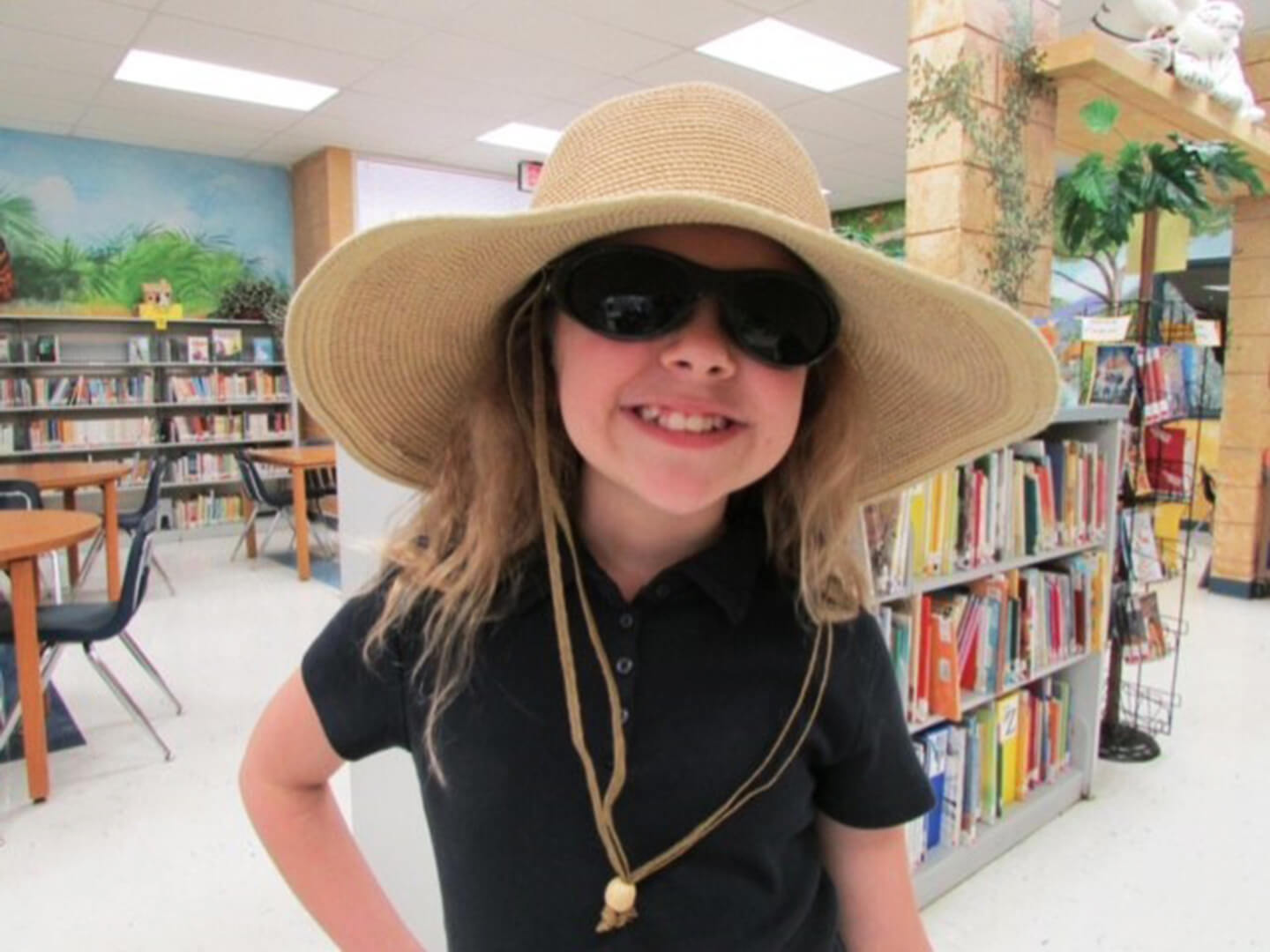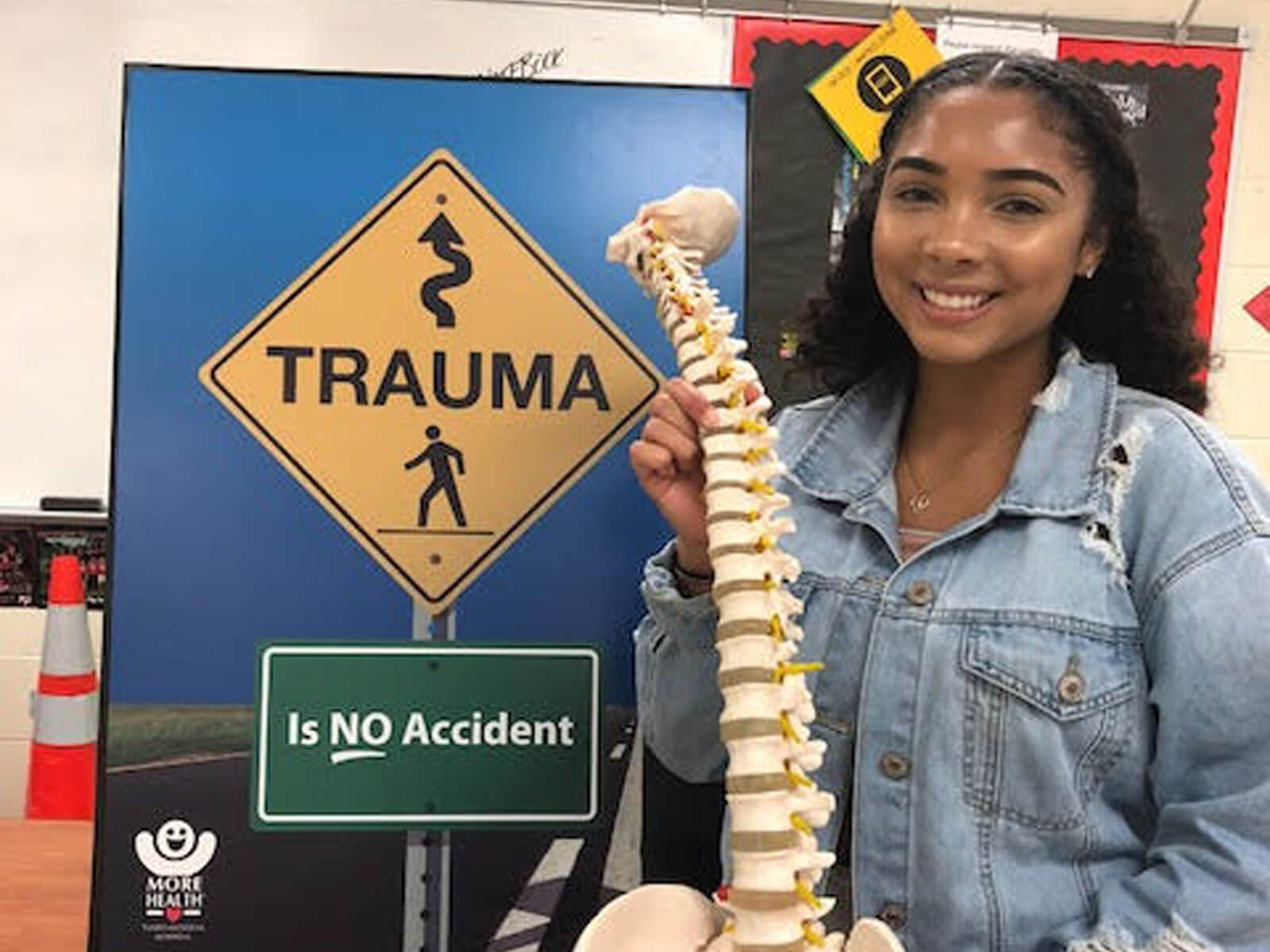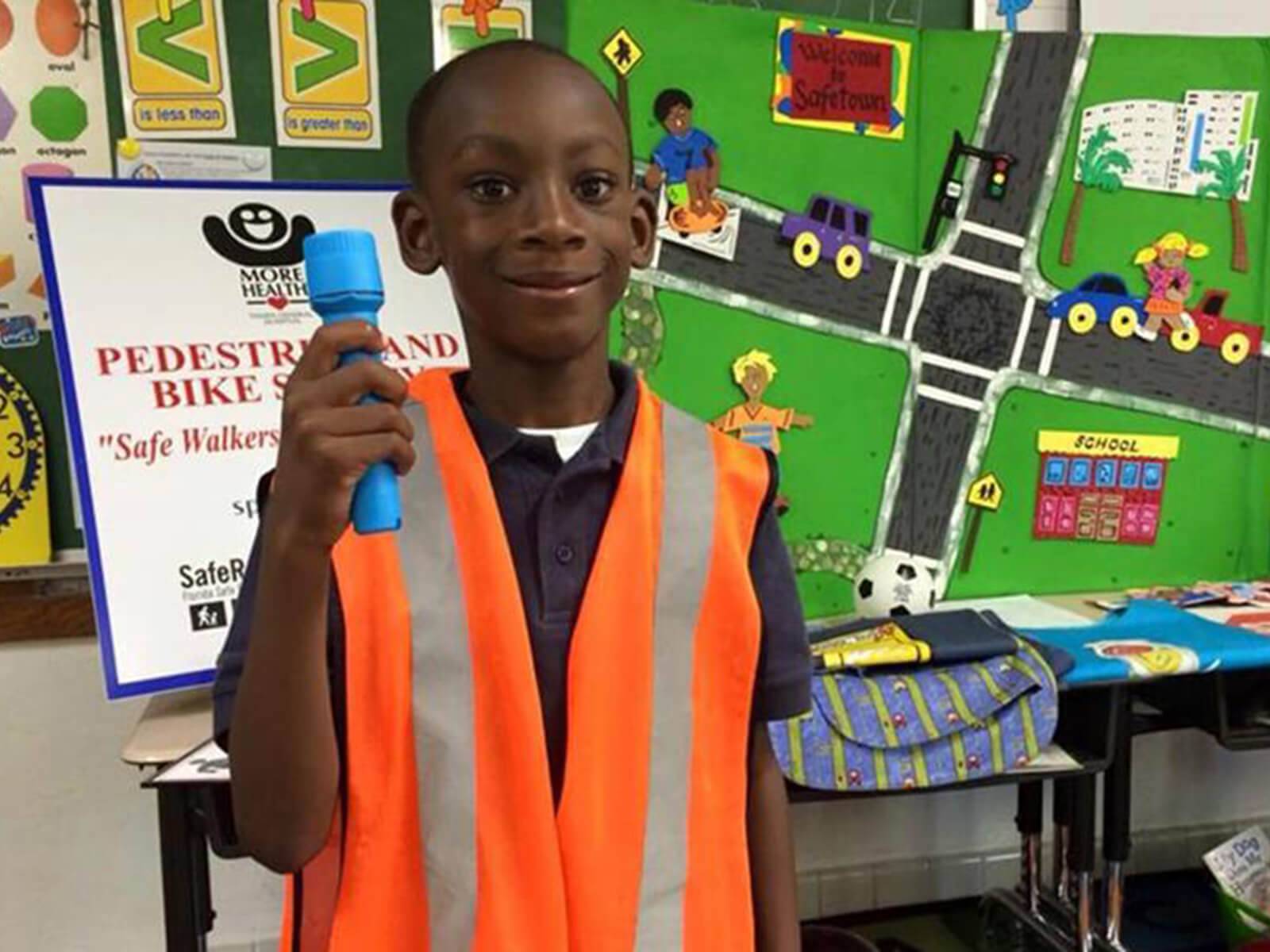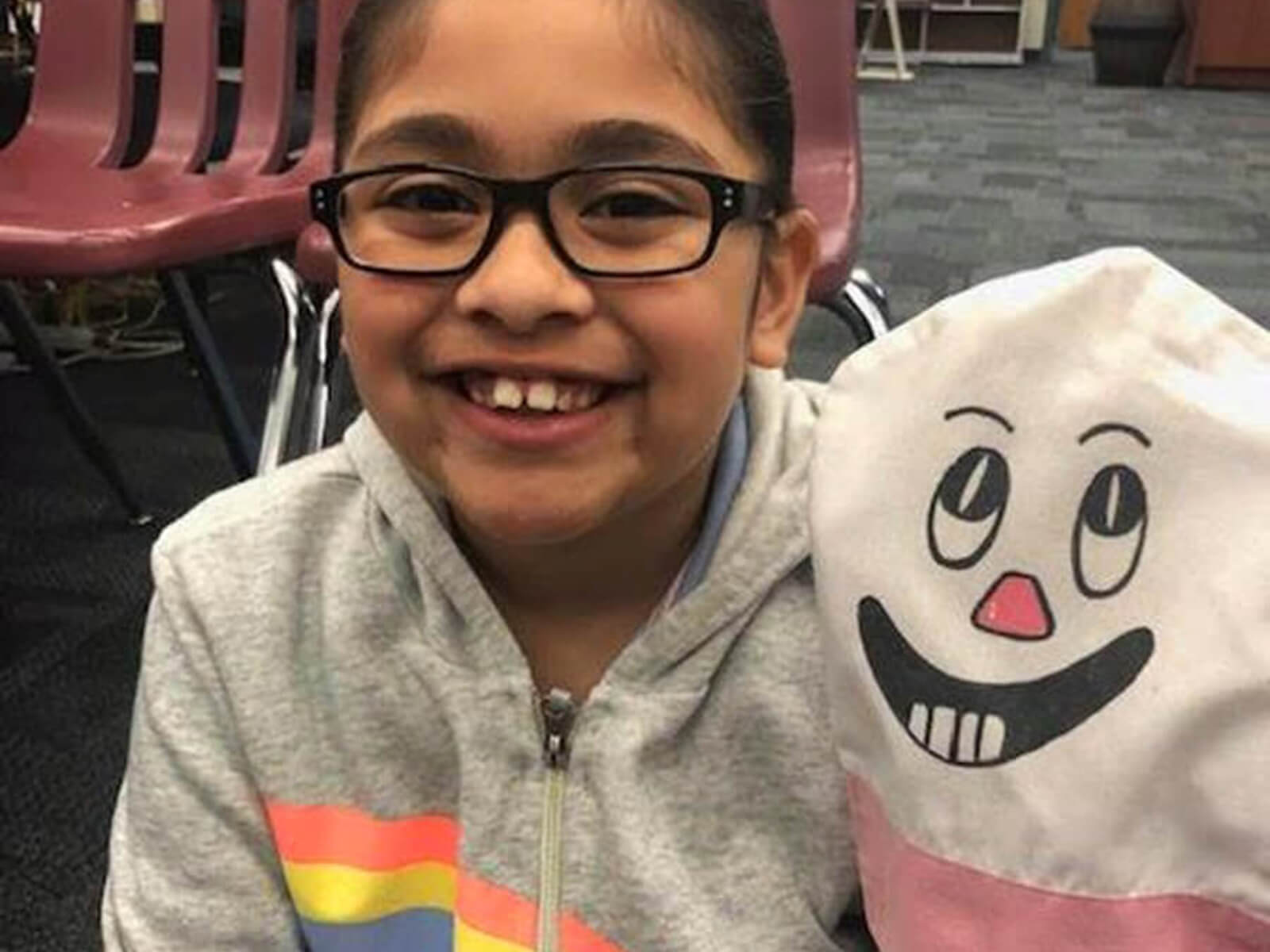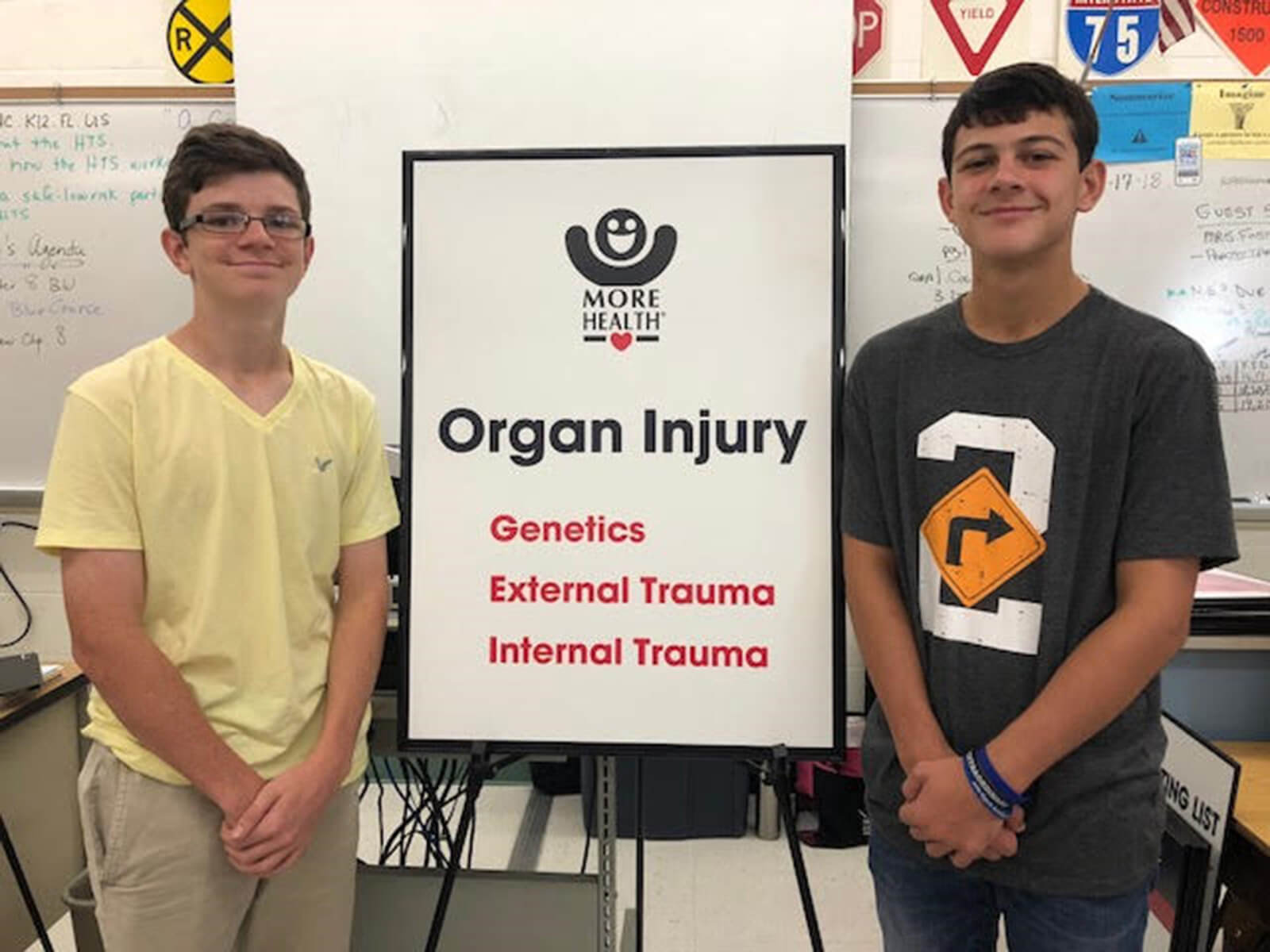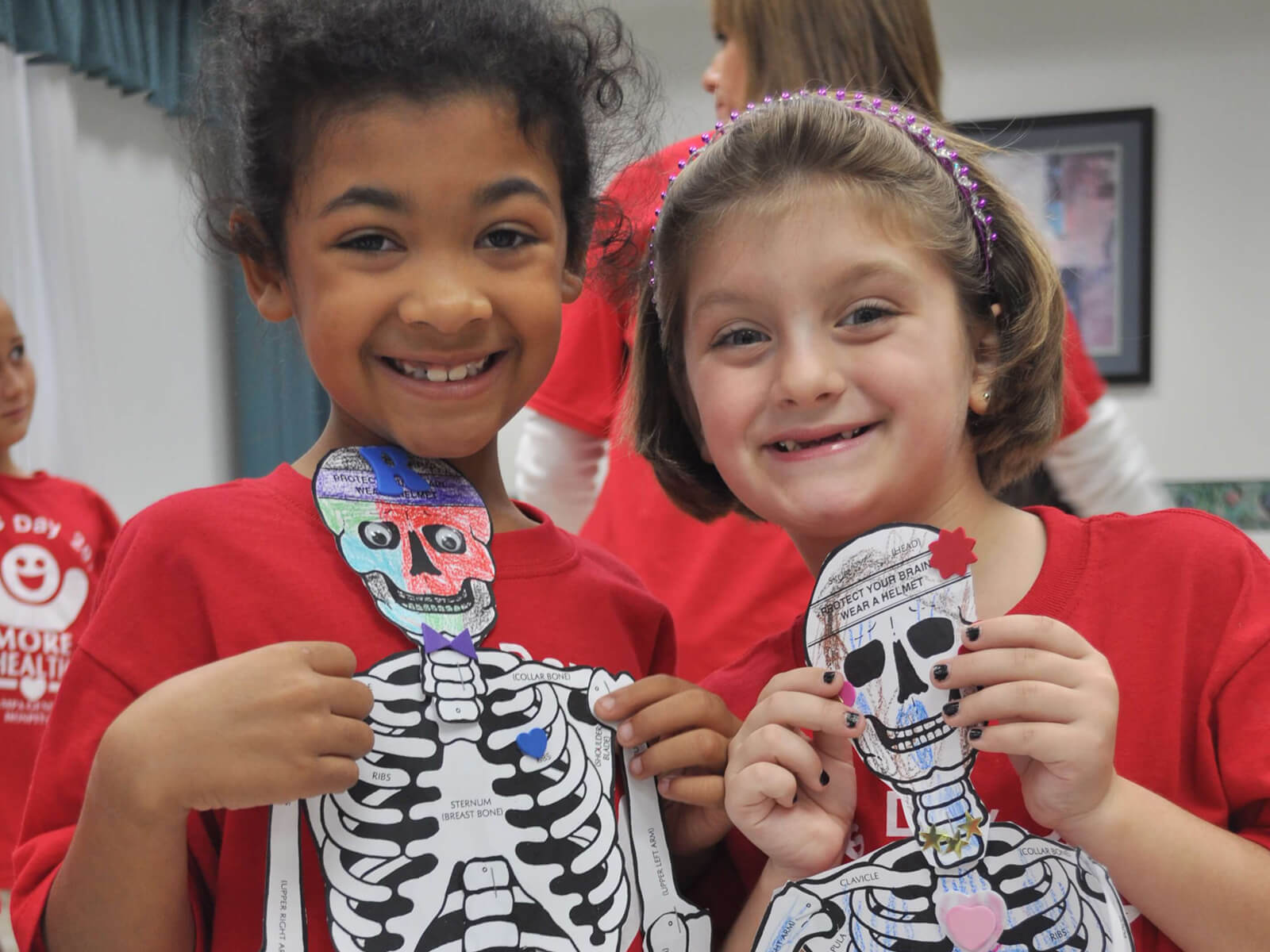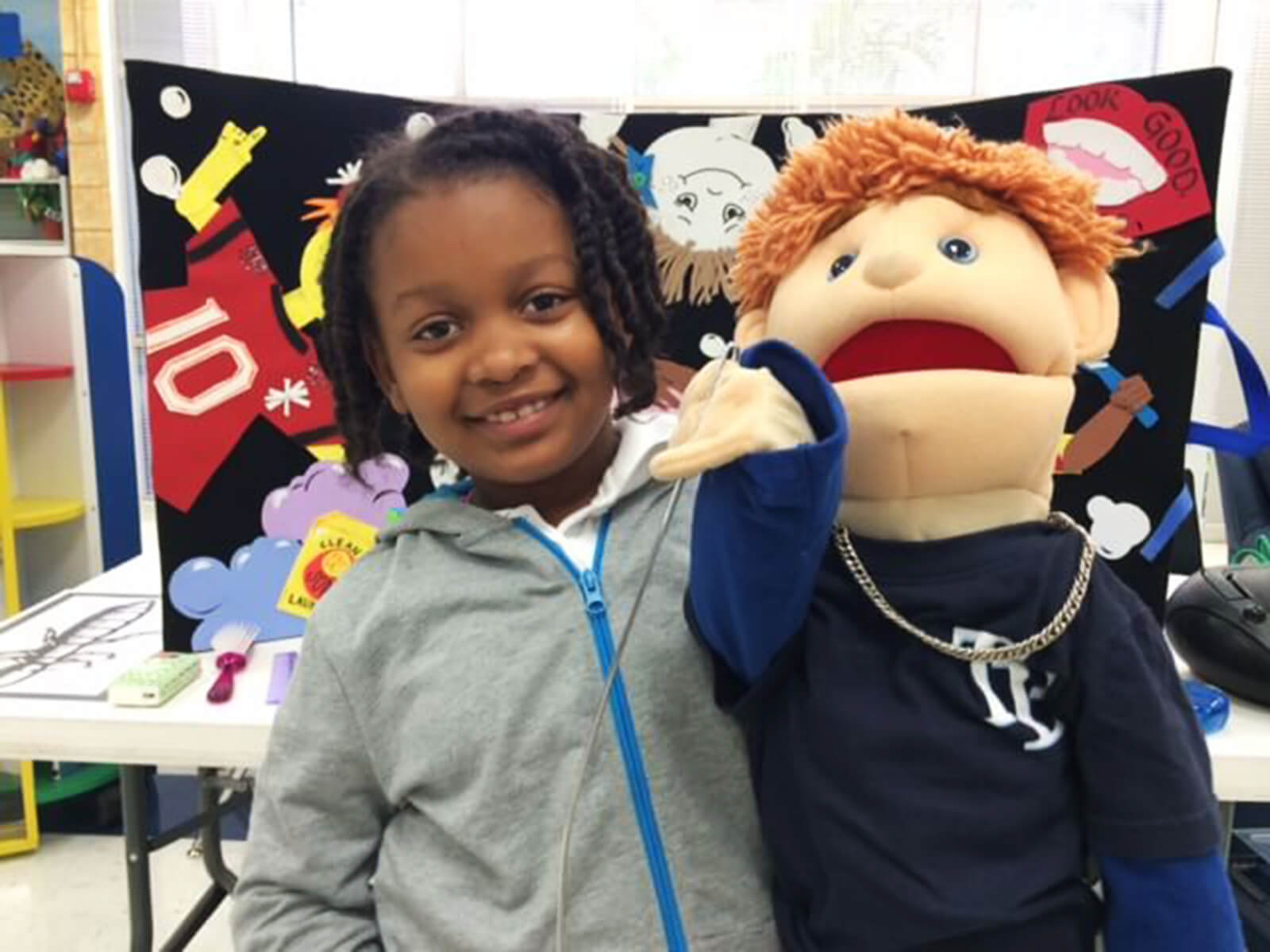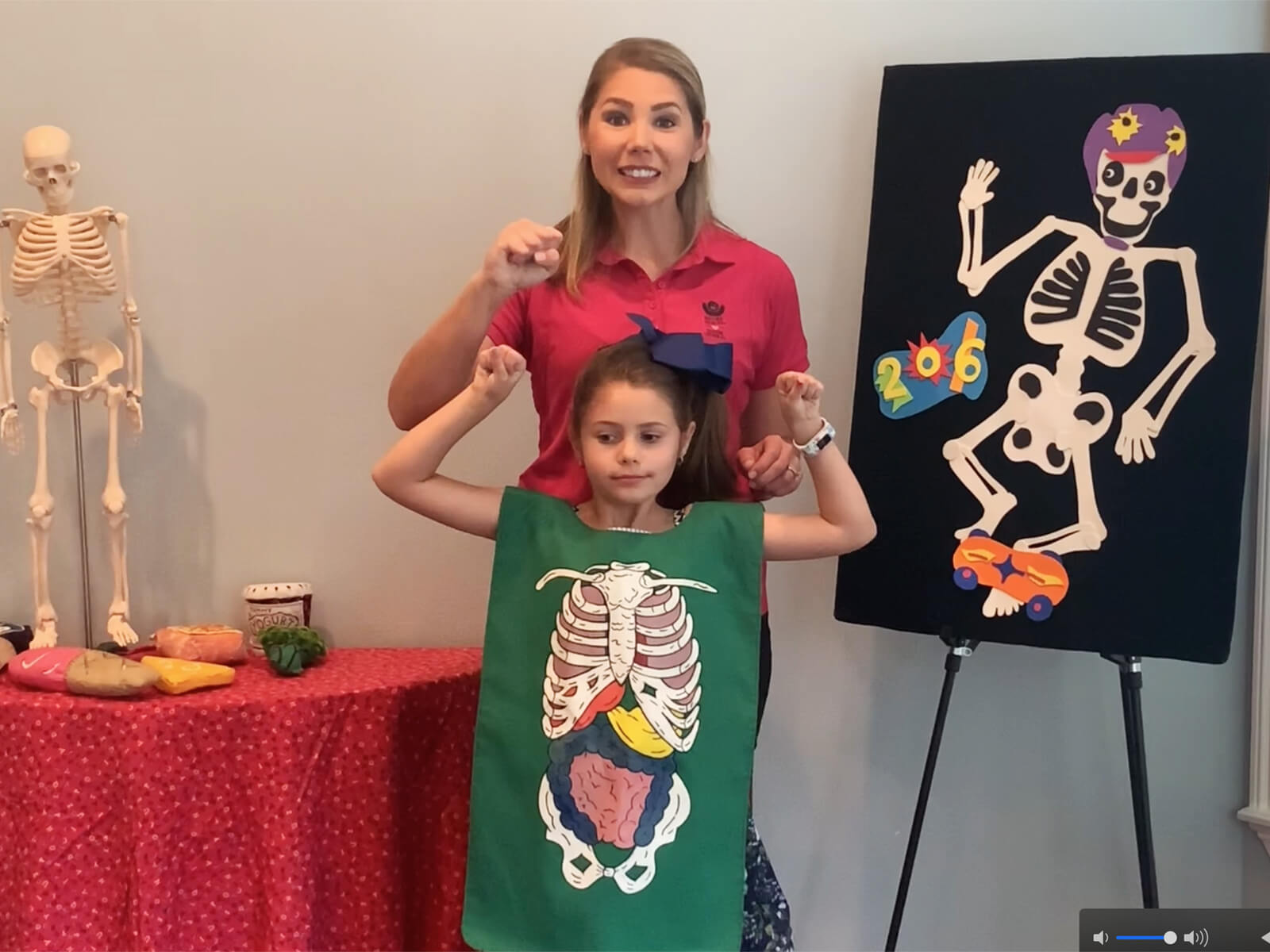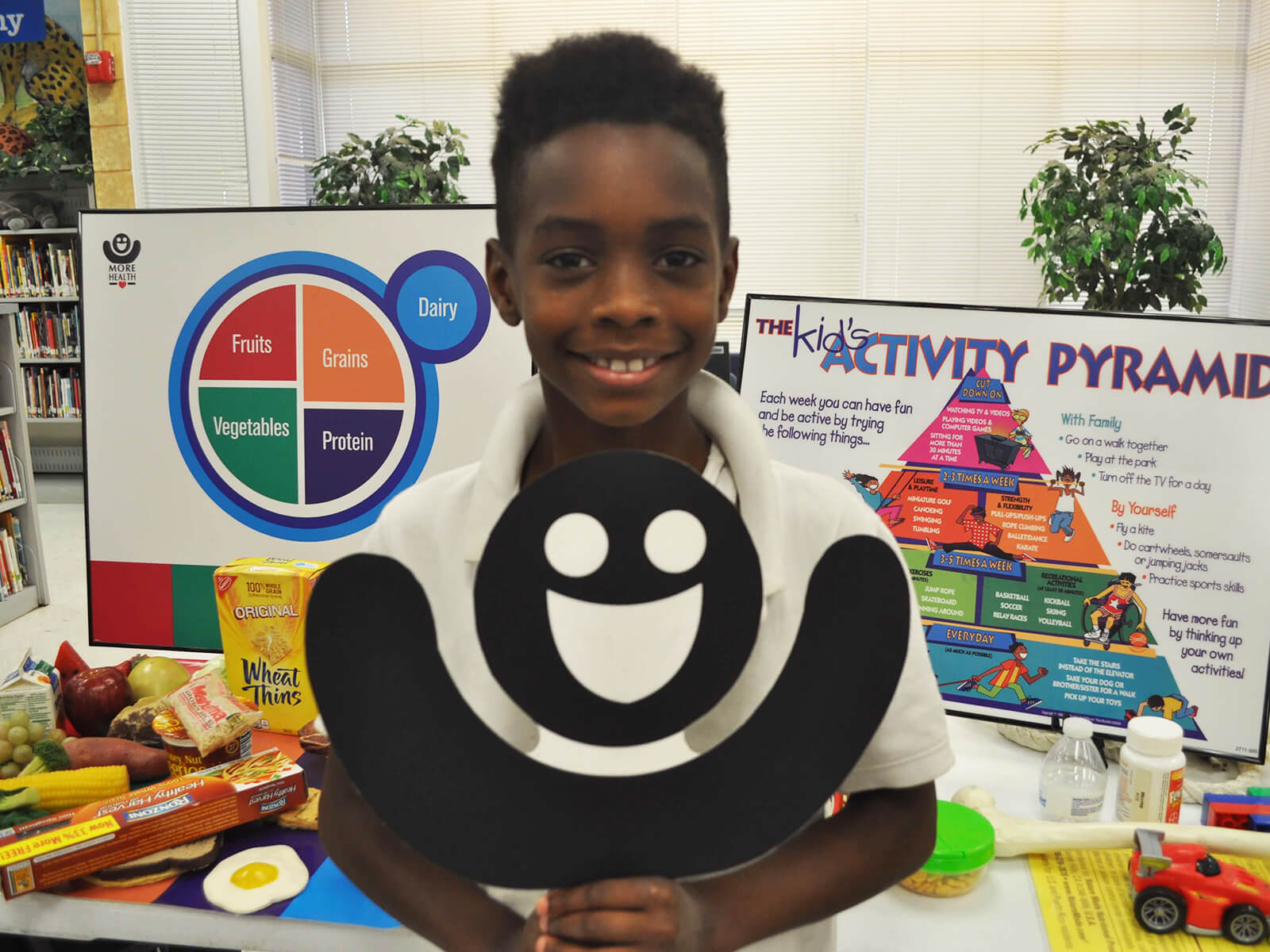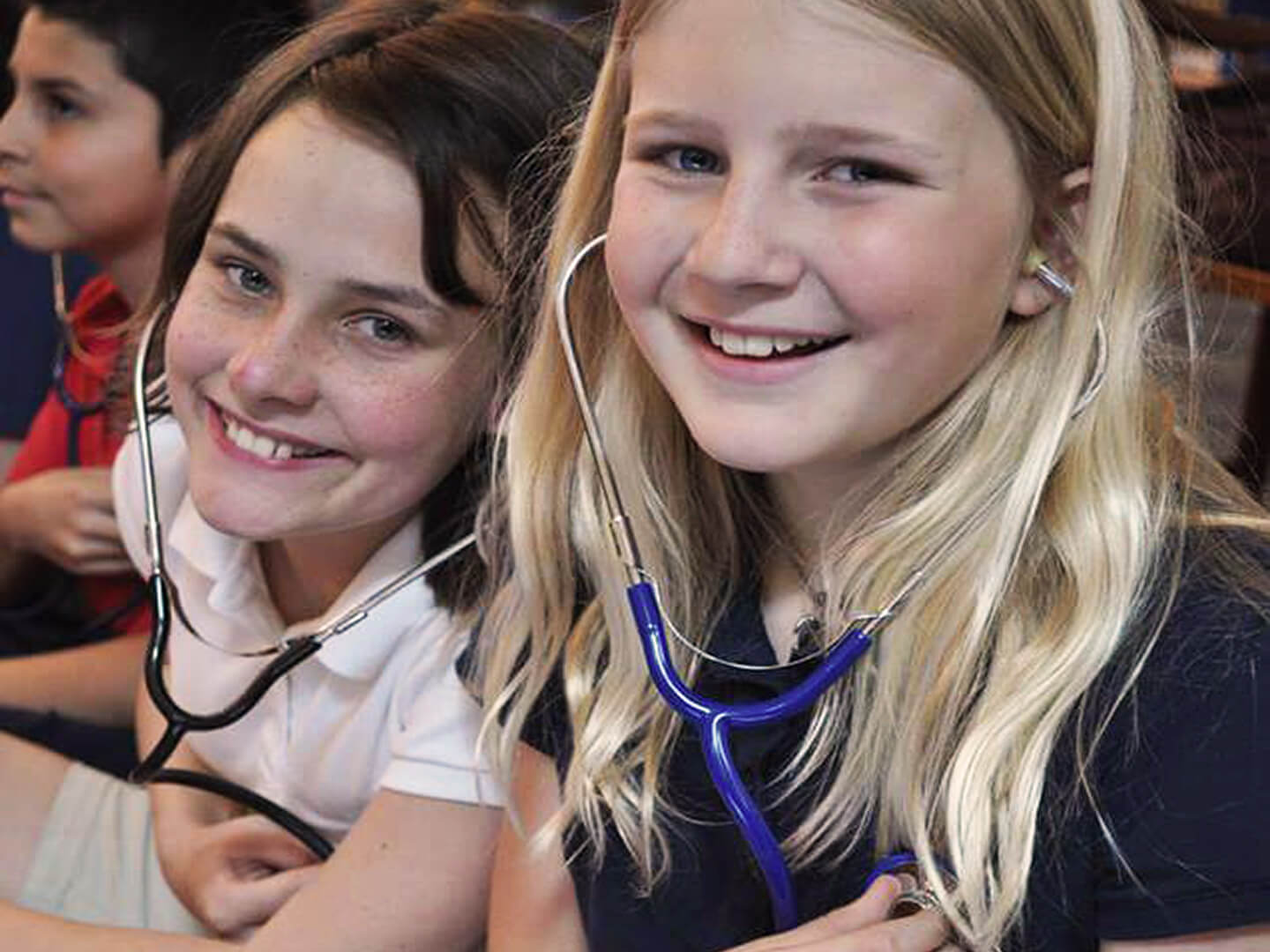May is Skin Cancer Awareness Month and a great time to brush up on prevention tips to reduce your risk of the most prevalent form of cancer in the United States.
Focus on the road! April is National Distracted Driving Awareness Month.
As spring approaches and temperatures begin to rise, it's a sure bet that we will be spending more time outdoors, as pedestrians, with our families.
Tooth decay, or cavities, is the most common disease of childhood according to the American Academy of Pediatrics.
According to the National Institute of Health, bone tissue grows until peak mass at around the age of 30. The more bone you have at the time of peak bone mass, the less likely you are to break a bone or...
MORE HEALTH is pleased to have been at the forefront of personal hygiene education for over thirty years. Our Personal Hygiene "Scrubba Bubba" Lesson teaches second graders proper personal hygiene habits that help fight germs and promote a healthy lifestyle.
As schools remain closed and students continue to practice virtual learning, MORE HEALTH is excited to provide mini versions of our lessons as a resource to students, parents and teachers in our communities.
In MORE HEALTH's "Fueled for Success" lesson, third graders learn how healthy choices help an individual to grow and glow. Students explore how nutrients enter the body, provide energy, and contribute to overall health.
February is American Heart Month! Now is a great time to get moving. You are never too young or too old to exercise. The American Heart Association provides the following guidelines for physical activity in adults and children.


